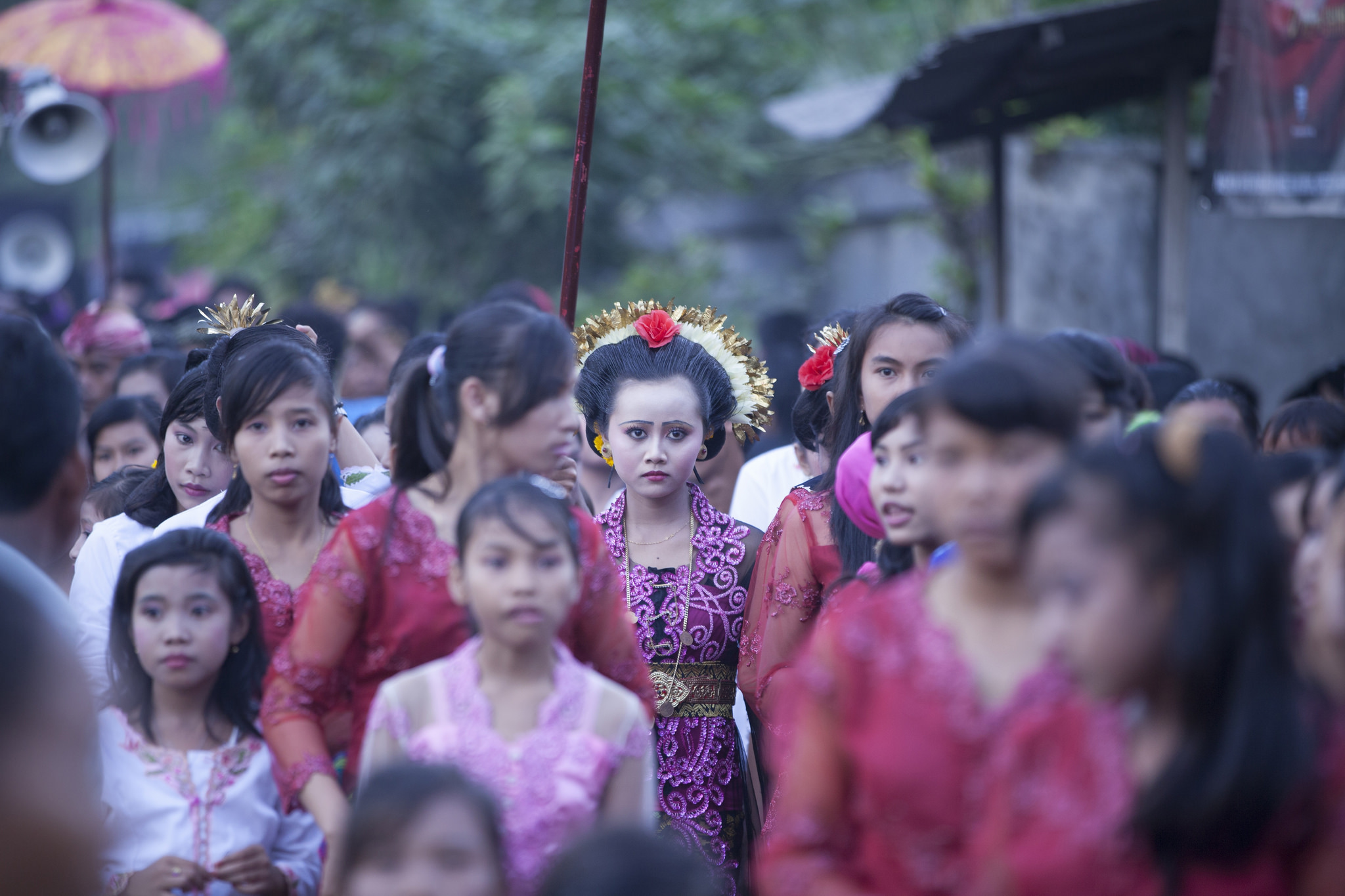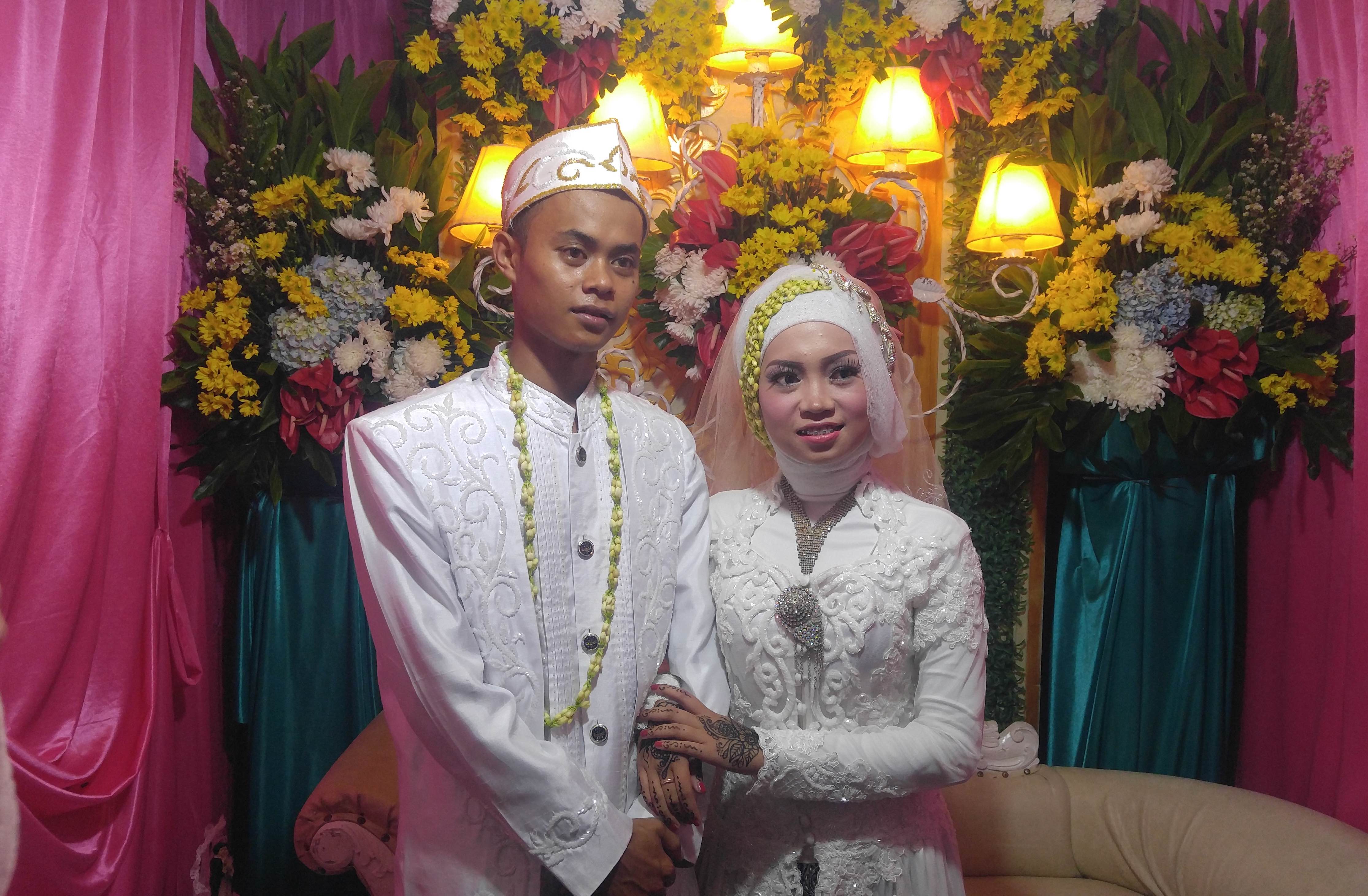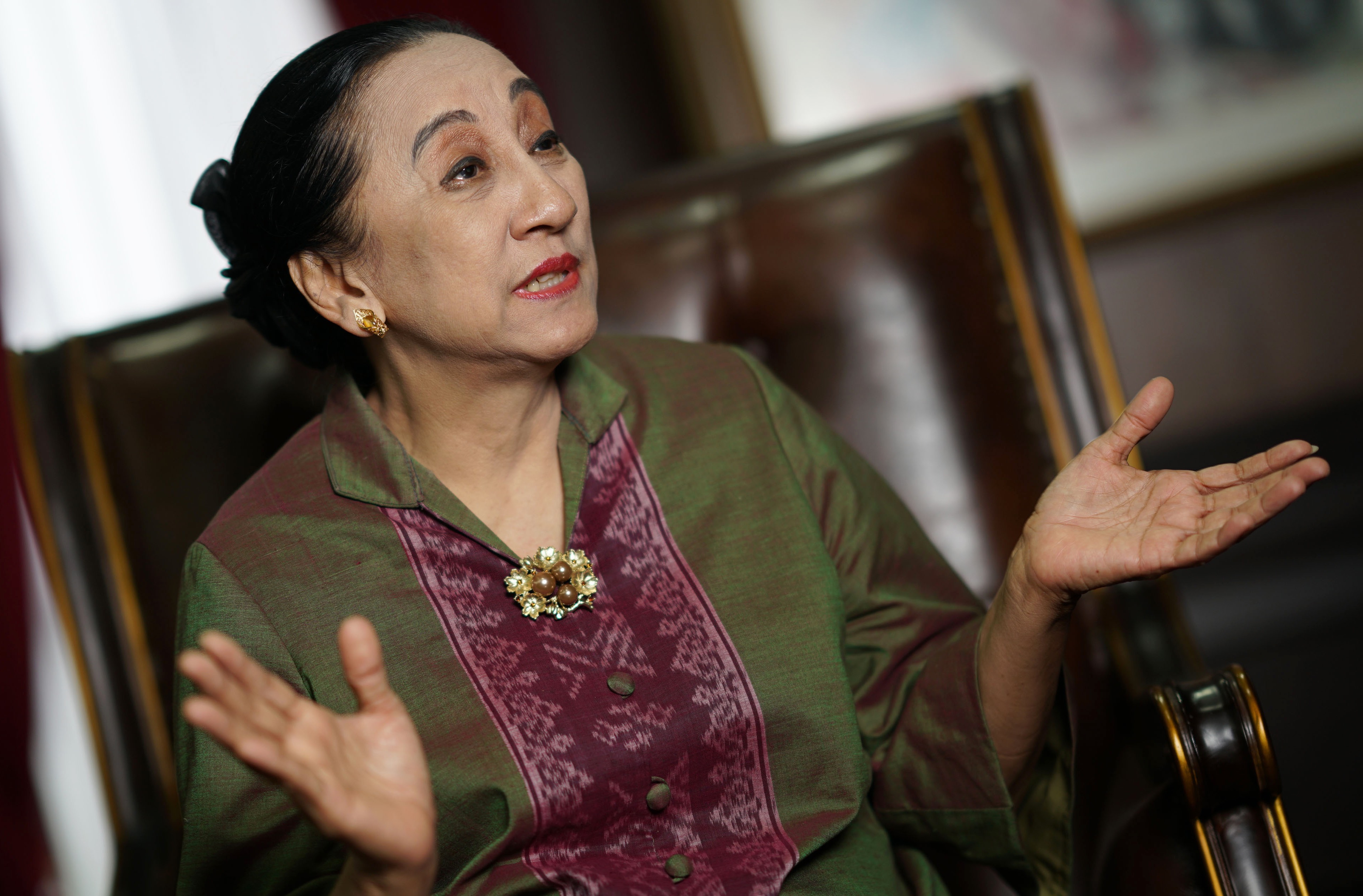
Politics & Society
20 years after Soeharto: Is Indonesia’s ‘era reformasi’ over?

Late last year, Indonesia ruled that child marriage violates children’s rights – an important step for Indonesian women in their fight for gender equality
Published 31 January 2019
In December, the Indonesian Constitutional Court handed down a historic decision that came as a huge relief to many women activists.
Reversing its controversial 2015 decision, the Court ruled that the current marriageable age of 16 for girls was unconstitutional. But most surprising was the composition of the bench – it was little changed from the judges who handed down the first ruling.

This time around, the court did the right thing, and found that child marriage violates children’s rights to education, to live a healthy life and to grow – all guaranteed by the Indonesian Constitution.
The Court agreed with the applicants that the Constitution places men and women on equal footing and that the 1974 Marriage Law – Article 7(1) – which defines the marriageable age as 16 for girls and 19 for boys – was a form of discrimination against women.
This was in sharp contrast to the Court’s previous decision.

Politics & Society
20 years after Soeharto: Is Indonesia’s ‘era reformasi’ over?
Back in 2015, in an eight-to-one ruling, the Court rejected the application to review the Law, and said that there “was no guarantee that raising the age limit from 16 to 18 would reduce the number of divorces, health problems or resolve social problems”.
The 2015 decision arose from a challenge submitted in 2014 by a coalition of women’s activists and organisations. They based their submission on years of research conducted by domestic and international organisations that highlighted the social, legal and health consequences of childhood marriage, including an increased risk of maternal death, domestic violence, as well as restricted education and economic opportunities.
But these were not the only arguments heard by the court in 2015.
It also invited religious figures and organisations to provide religious arguments and interpretations in support of retaining the status quo. Disgraced former Constitutional Court Judge Patrialis Akbar even quoted the Qur’an when reading out the court’s decision to reject the application.
The new case, meanwhile, was submitted by three housewives, two from Indramayu in West Java and one from Bengkulu in Sumatra, who had themselves been pushed into childhood marriages.

The women described how they were forced by their fathers to quit school and to marry men much older than themselves.
While the women’s fathers justified this decision on grounds of economic stress, the women’s brothers were able to continue their education. This, according to the applicants, was discrimination on the basis of gender.
One applicant described being made to marry a man who already had a child when she was still less than 14 years old. This meant that she had to take on the responsibility of being a parent and looking after the household while still a child herself.
Under-educated and underage, the women testified that their lives were much better before they got married. Marriage had forced them to engage in sexual activity, get pregnant and produce offspring. All three applicants testified that they experienced serious health problems, with one of the women enduring several miscarriages.
This time around, the Court decided not to call all parties that might have an interest in the outcome, like religious leaders and organisations, and focused instead on the lived experiences of the individuals and the impact early marriage had on their lives.
Unlike the 2015 ruling, this decision made no reference to religious views on the marriageable age for girls.
Another striking difference was that the Court made a strong case for revising the marriageable age for girls to make it consistent with Indonesia’s commitments under the UN Convention on the Elimination of All Forms of Discrimination Against Women (CEDAW), which Indonesia ratified in 1984.

The new decision clearly states that the current marriageable age is discriminatory and that it is contrary to Indonesia’s obligations under CEDAW.
It is also worth noting the length of the judgment. The 2018 decision is a (comparatively) brief document of 60 pages, whereas the earlier decision was a weighty 300-plus pages. In this case, rather than following the typical route of repeating at length the arguments, evidence and opinions of those appearing, the Court – appropriately – focused on the legal compatibility of Article 7(1) with the Constitution and other laws.
Interestingly, seven of the judges in the latest decision were serving at the Court when it handed down the 2015 decision.

Politics & Society
Indonesian football: A matter of life and death
There are only two new faces: Saldi Isra, who was appointed by Indonesian President Joko “Jokowi” Widodo in 2017 to replace the convicted corrupt judge, Patrialis Akba; and Enny Nurbaningsih, appointed by Jokowi to replace the retiring Maria Farida.
Maria Farida was the only female judge serving in 2015 and the only one to voice a dissenting opinion then, stating that a marriageable age of 16 for girls was unconstitutional. Given that the 2018 decision was unanimous, it’s unclear what has caused so many of the judges to change their tune so dramatically.
In its new decision, the Court has given the legislature three years to amend the provisions of the 1974 Law on Marriage. No doubt wary of the sluggish pace of reform in the national legislature (DPR), the Court has said that if there is no legislative reform within three years, the marriageable age will automatically become 18 years for both men and women, consistent with the 2002 Law on Child Protection.
The decision is a positive result in what was a mixed year for Indonesian women.
2018 marked the 20th anniversary of the fall of Soeharto and the beginnings of reformasi, a movement that was led by women activists. Although women played a central role in democratic transition, women’s interests have only occasionally been at the forefront of policy making.

The rise of social conservatism, for example, has put increased pressure on women to conform to traditional roles. On the plus side, government initiatives in social policy, like health coverage and improved access to welfare payments, are likely to benefit women directly and indirectly.
Child marriage is just one of several pressing issues faced by Indonesian women in their fight for gender equality but the Constitutional Court’s decision offers fresh hope.
Just a few days before the Court handed down its decision in early December, thousands of women from secular and religious organisations rallied to demand the legislature pass a bill on sexual violence that it has been deliberating since 2017.

Politics & Society
Anwar Ibrahim’s rebirth and Malaysia’s LGBT+ rights
The National Commission on Violence Against Women (Komnas Perempuan), born out of the tragic acts of violence against women in 1998, continues to report on growing rates of violence against Indonesian women.
With elections in April, this group of legislators has less than a year to pass the bill, and they have shown little interest in responding seriously to the demands of women activists.
In this context, the result in the Constitutional Court is a major step forward.
Not only because it will help change the lives of thousands of Indonesian girls, but because it also signals a commitment to universal human rights and equality – a commitment sorely lacking in many other Indonesian government institutions.
A version of this article was previously published on the Indonesia at Melbourne blog.
Banner image: UNICEF